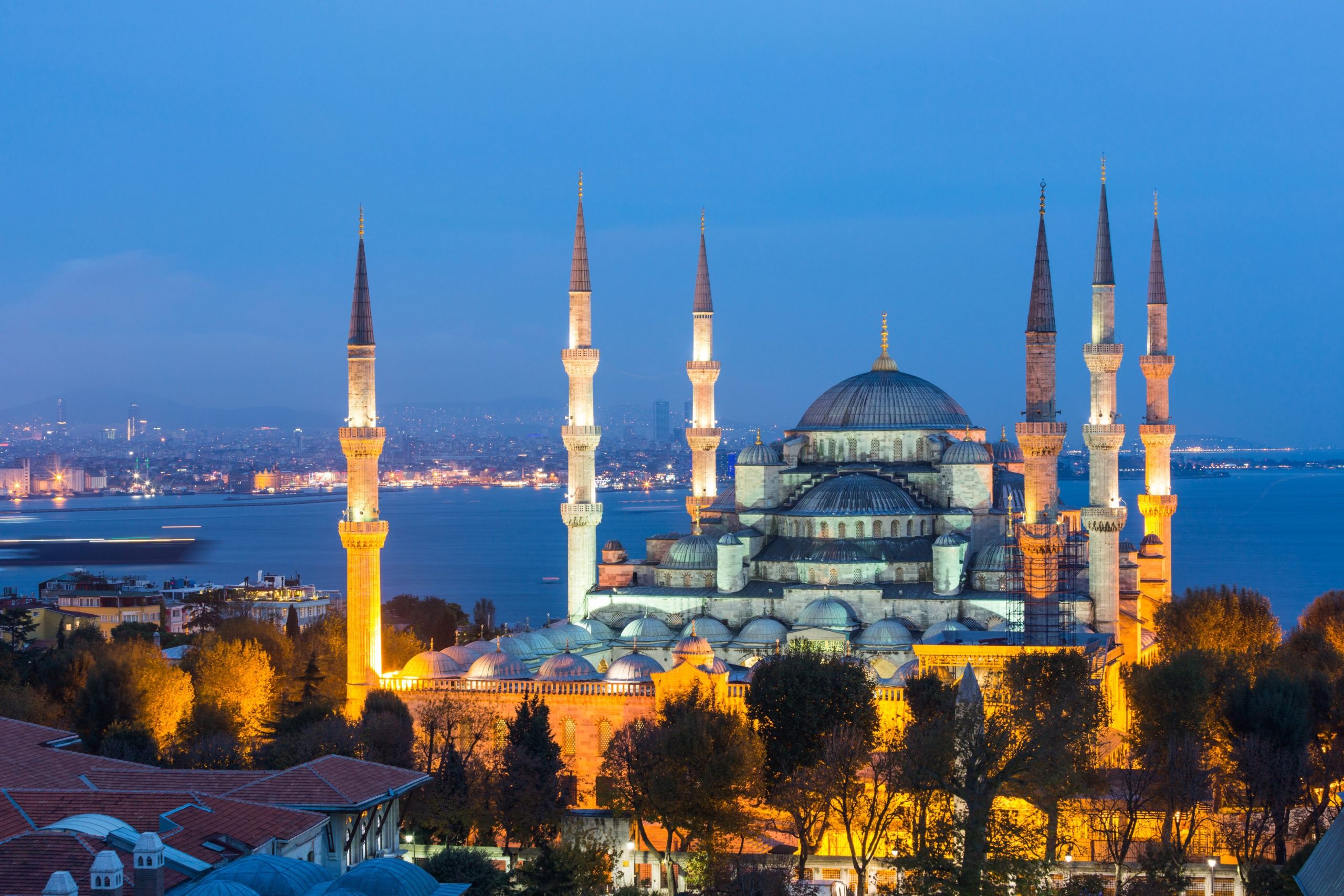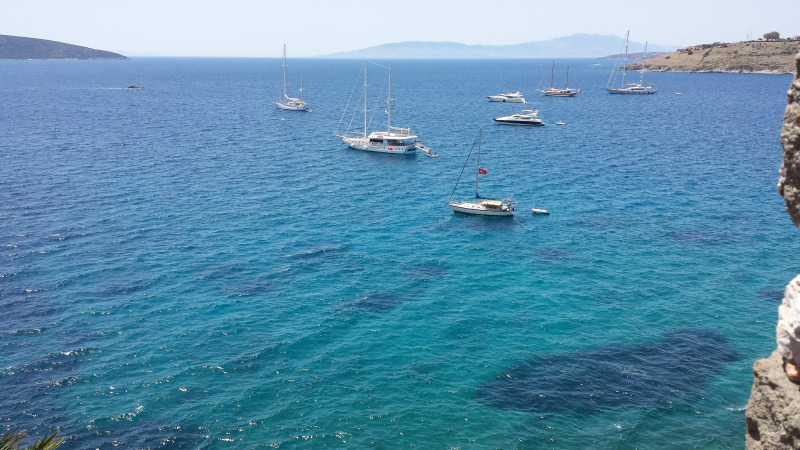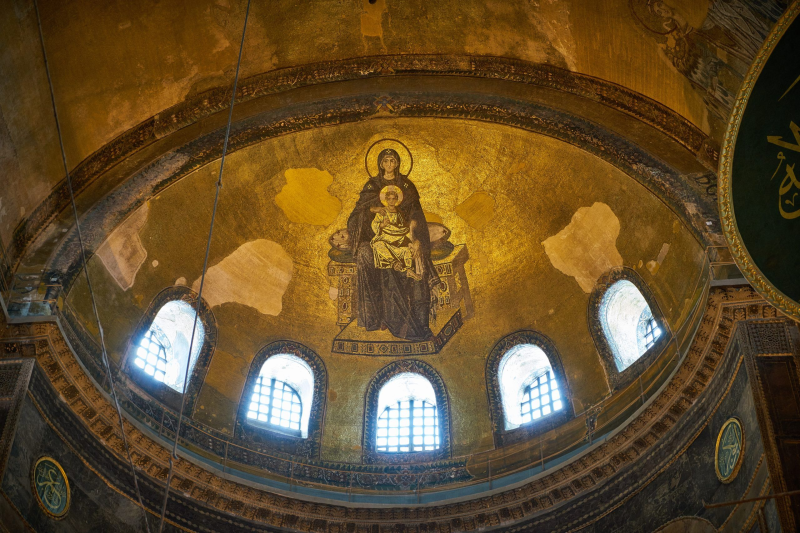Turkey

Turkey has always thrived on opposites. As the link between East and West it maintains a perfect balance between both, with its rich cultural mix embracing many discrepancies and contradictions. The weekly tolling of church bells is interrupted by the muezzin’s call, while Roman ruins that mark the birth Christianity sit next to reminders of the Ottoman Empire and the country’s modern secularity.
The Turkey of today holds another set of opposites delicately in the balance: that of the old and the strikingly new. Throughout the country, modern city boutiques compete for your attention with ancient exotic bazaars.
The different regions of Turkey offer an assortment of landscapes, activities and characters, so, whether you are a history enthusiast, a sun-worshipper, sailor or a shopper, your UK Travel Managers for the perfect Turkish break can find the ideal holiday for you.
Istanbul straddles the great divide – one half of this magnificent, beguiling city is in Europe and the other in Oriental Asia. Istanbul offers frenzied market places, majestic imperial residences, a skyline of evocative minarets and a lively ambience of contemporary art and musical entertainment.
Cappadocia in central Turkey is set in a surreal landscape of eroded volcanic rock cones and fairy chimneys. Here you can explore remarkable, subterranean cities and houses hewn straight from the rock in an ochre-hued, dream-like landscape.
Further south, the ‘Turquoise Coast’ is a haven for boat cruises, water sports and golden sands. Yet not too far away from these distinctly modern pleasures lie the wonderful ancient cities of Troy and Ephesus, awaiting your discovery on the shores of the Aegean Sea.
The west of Turkey teems with a choice of picturesque seaside resorts along both the Aegean and Mediterranean coasts, all interspersed with well-preserved archaeological sites and fascinating museums.
Wherever one chooses to visit in Turkey there is certain to be a warm welcome and traditional hospitality.
Climate
The Aegean and Mediterranean coasts have very hot and dry summers that are coupled with wet, mild winters (when the resorts more or less shut down).
The peak tourist season is during high summer, roughly between July and September, but the best times to visit, is spring and autumn when the climate is still hot, but not unbearable.
July and August are the warmest months in Istanbul, with temperatures averaging around 24 degrees Celsius (75 degrees Fahrenheit), falling as low as 6 degrees Celsius (43 degrees Fahrenheit) in January and February.
Language
Turkish is the official language, but English is widely used in tourist areas.
Passport Visa
Your passport must be valid for at least the period of your stay and you should hold return or onward tickets, along with sufficient funds for your stay. A visa is required for entry into Turkey by many foreign nationals including those of the USA, Canada, the UK, Australia and several countries within the EU. Please check the rules around visa requirements before you travel, as they may change regularly.
Safety
There is a significant threat from terrorism in Turkey following a number of incidents, including small explosions, around the country, including in Istanbul and the capital, Ankara.
Our Services
For all your high-end, bespoke leisure and corporate travel needs to contact our Travel Managers on 800 NEXA (6392). You can also contact us on info@nexatourism.com .

